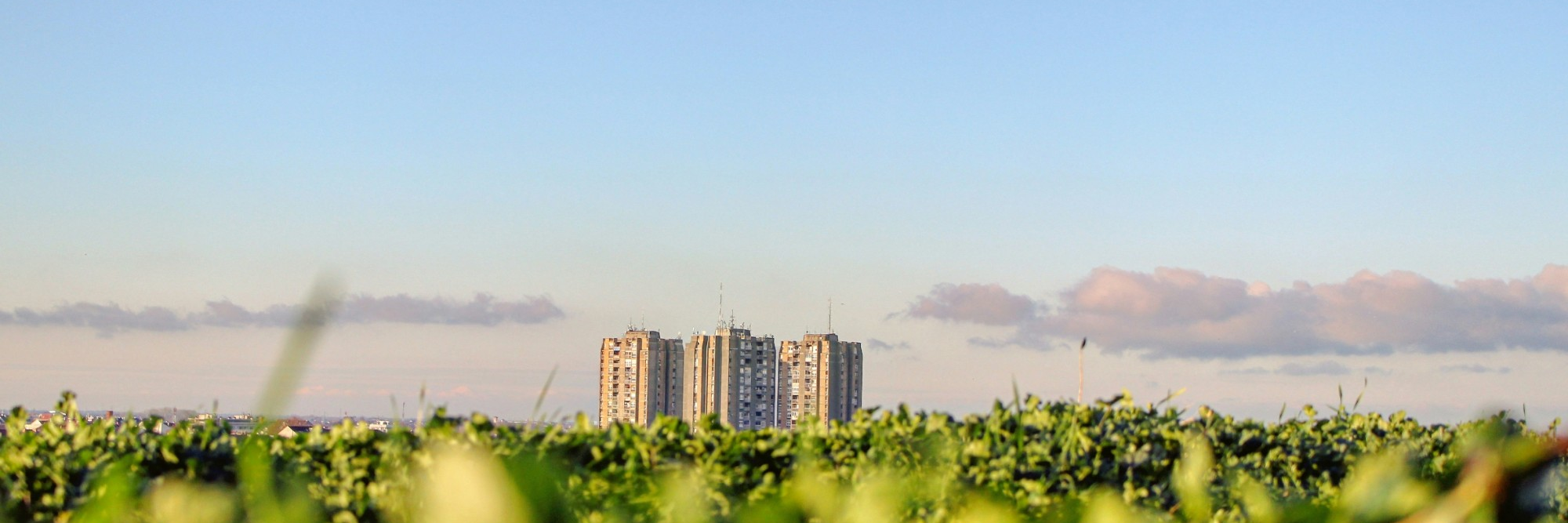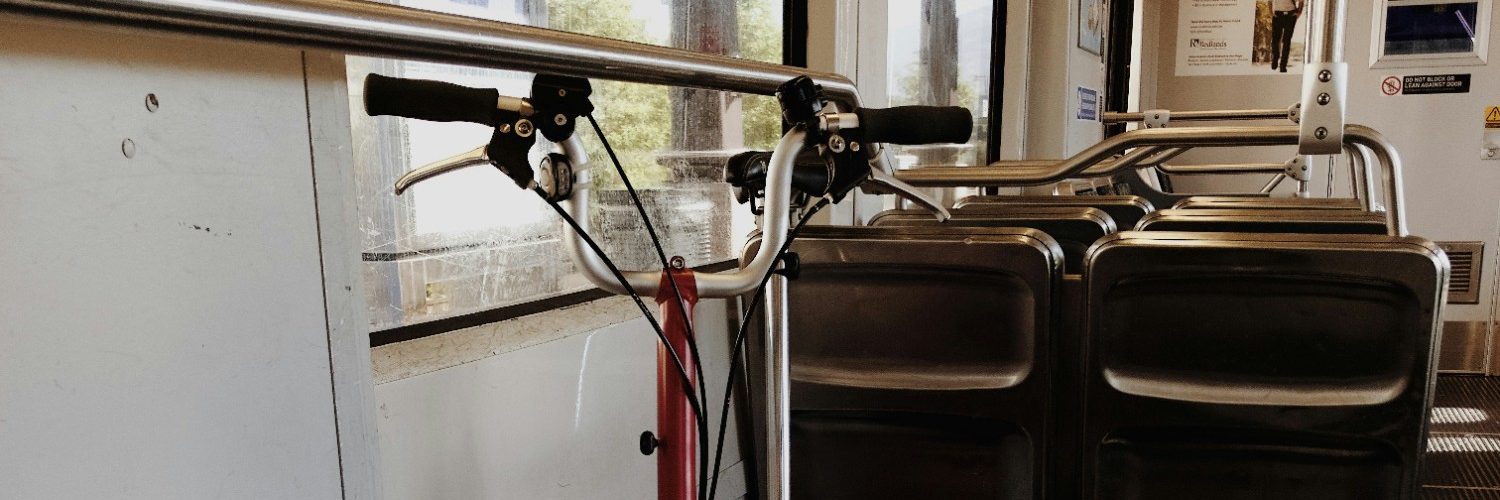SFU Climate Innovation leverages the capacities of the University to co-create low carbon, resilient, and sustainable solutions with and for communities. We create the conditions for high-impact solutions-seeking between researchers and community-centred partners. We advance learning and accelerate innovation by mobilizing research-for-impact across local and global networks.
What We Do
handshake
CatalyzE Interdisciplinary Collaboration
partner_exchange
Co-CreatE with Community Partners
public
MobilizE Knowledge and Scale Climate Innovation
Climate Action that Advances Sustainable Development Goals
SFU Climate Innovation builds on SFU's longstanding dedication to advancing the United Nations' Sustainable Development Goals.
The Times Higher Education 2024 Impact Rankings place SFU third worldwide on climate action (SDG 13) and sustainable cities and communities (SDG 11) and No. 1 in Canada for both categories. Overall, SFU ranks among the world’s top 20 universities in terms of its impact, placing 17th among 2,150 universities.
SFU Climate Innovation is building upon and amplifying this reputation to promote relevant climate action research and innovations that support and advance low carbon, resilient and sustainable communities.
#1
Innovative University In Canada
#3
in the World for Sustainable Cities and Communities
Top 5
in the World for Climate Action
Join the Climate Innovation Community
Together with our expertise and strategic community collaborators, SFU Climate Innovation uses a community-centred approach to foster local to global leadership in climate action and innovation. The value of connecting at the community scale, is that individuals, households, businesses, and governance conditions are all bound by the land, air, water, and social networks upon which we all depend. The opportunity is that we can right relationships, revitalize governance, and innovate on policy and structures that orient toward just and sustainable communities.
biotech
SFU RESEARCHERS
SFU researchers from all disciplines are invited to join the SFU Climate Innovation community.
We create opportunities for exchange with other researchers, and learning with collaborating partners to co-create high-impact research that benefits local communities and moves global networks.
partner_exchange
COMMUNITY AND CROSS-SECTOR PARTNERS
We invite community partners from across sectors to work with us to co-create the research and evidence needed to move the dial on climate action.
Working together to support communities as they minimize the impacts of climate change requires working together across public and private sectors, all orders of government, and with the First Nations.





